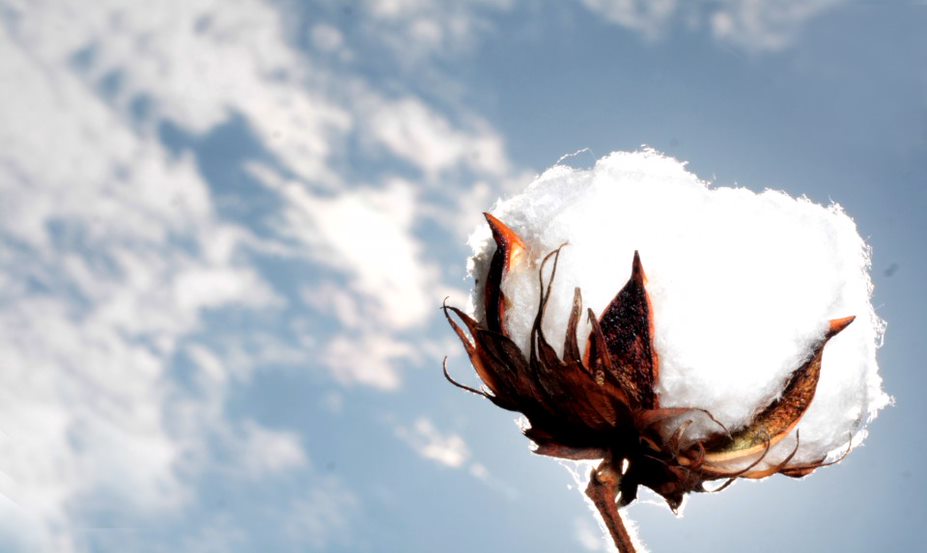Brazil has a success story of regeneratively grown cotton
Brazilian cotton |
After six years of applying regenerative farming, one large cotton farming group in Brazil reduced its use of chemical pesticides by 48% in the 2020/21 season. Yield levels were maintained together with good commercial performance, but it has also brought positive environmental impacts that have earned international recognition.
This is a real case demonstrating just one of a variety of sustainability initiatives that are applied on Brazilian farms on a daily basis. The farm in question is part of a group that grows more than 200,000 hectares of soybean, corn and cotton in the Brazilian state of Mato Grosso. Their goal is to implement the regenerative farming system on 100% of its farmed area by 2030.
Regenerative agriculture is a set of farming practices that raises soil biodiversity making it healthier and more nutritious for plants. This is achieved by promoting the presence of natural enemies which makes the farm’s ecosystem more resilient and healthier. More resistant and ‘stronger’ plants require fewer chemical products and one of the many positive impacts of this production system is the reduction of the carbon footprint throughout the farming cycle.
Scheffer Group’s experience was presented by the head of Research and Development, Thiago Souza, during a debate at the Better Cotton Conference held in June by BCI. BCI is a non-profit entity set up in 2005 to promote sustainable practices in the cotton production chain around the world.

“We began adopting regenerative agriculture about six years ago. Today, the system is used on 4,040 hectares of cotton and soybean. The experiment was successful and last year we became the first Brazilian agricultural company to receive the international regenagri certification from Control Union”, explained Mr. Souza.
Regeneratively grown cotton is sustainable
In the 2020/21 crop, there was a 48% reduction in the use of chemicals for cotton and a 45% reduction for soybean, compared with the traditional method. The Scheffer Group has invested in its own bio-input production facility which today has a production capacity of 15,000 liters per week.
“We have developed 14 different biological products that are ready for use and that were manufactured on the farm”, Mr. Souza added. Of these 14, seven are bioinsecticides, three are biofungicides, two are bioinoculants and two are bionematicides.
In addition to investing in biologicals, the group applies other regenerative practices such as no-till planting on all the growing area which involves covering the soil with straw, composting, cover crops, crop rotation, precision agriculture and maintaining preserved native forest areas.
Scheffer’s example stands out due to its scale. It has operations are spread across the Brazilian states of Mato Grosso, Pará and Maranhão as well as in Colombia, and in 2021 the group produced 105 thousand tonnes of cotton, 410 thousand tonnes of soybean, 117 thousand tonnes of corn, as well as raising a herd of 20 thousand head of cattle.
“Our next step is to map the carbon footprint using DNA analysis to provide more transparency to the results”, said the head of the Scheffer group.
Read more about sustainability of brazilian cotton






